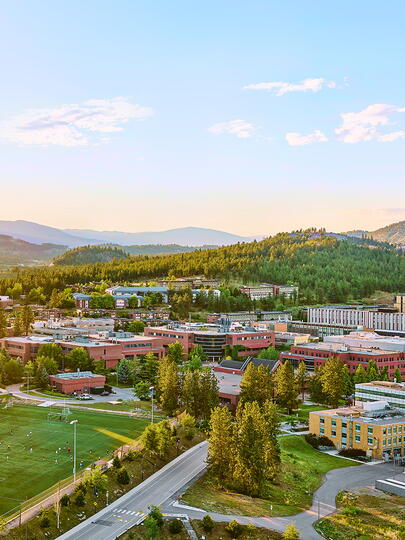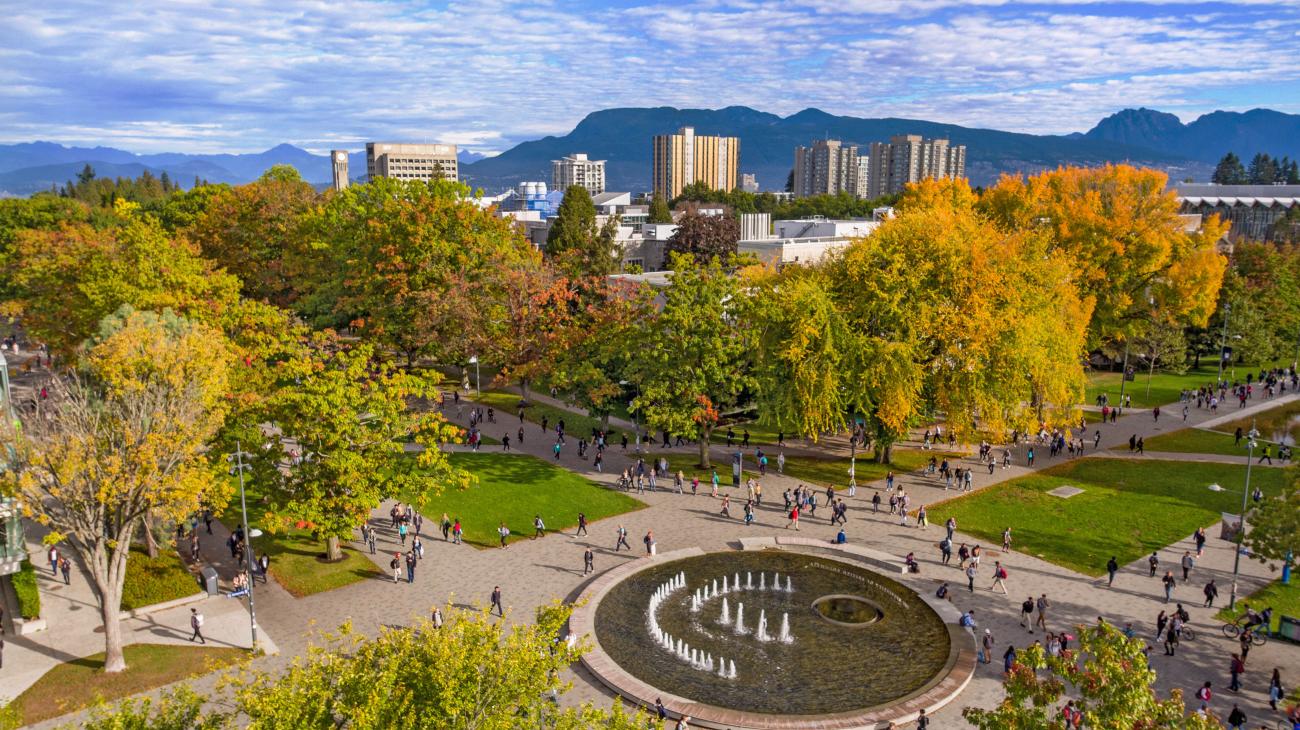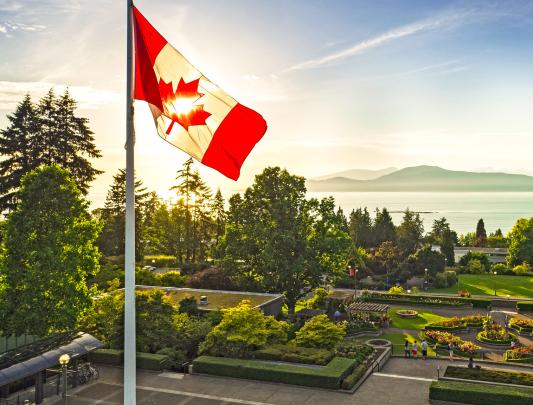UBC ranks first in Canada for social impact, third globally overall
UBC ranks first in Canada for social impact and second for environmental impact in the new Quacquarelli Symonds (QS) World University Rankings: Sustainability.
Globally, the university ranks third for overall impact.
The QS rankings rate more than 700 institutions on their actions to tackle the world’s greatest environmental, social, and governance challenges.
“To be recognized as a global leader in sustainability is reflective of UBC’s concerted efforts in this crucial area. We remain committed to advancing sustainability throughout our operations, research, and education,” said Interim President and Vice-Chancellor of UBC, Dr. Deborah Buszard.
The rankings assess participating institutions’ social and environmental impacts.
Social impact
UBC ranked first within Canada and tied third globally in one of the subcategories of social impact — creating a climate of social equality in the university’s operations and research.
As part of these efforts, UBC is focused on nine priority areas identified by a task force of students, staff, and faculty formed in response to the climate emergency, such as supporting climate initiatives led by Indigenous, Black, and people of colour, strengthening climate research and developing partnerships to tackle the climate emergency, and others. The first report on progress against these strategic priority areas is now available.
For example, the university is contributing to a five-year research and engagement network to research nature-based solutions to sea-level rise informed by Indigenous knowledge and perspectives.
UBC also ranked 18th globally in knowledge exchange, which measures how the university partners with industry and others to share knowledge and drive educational growth.
“UBC researchers bring interdisciplinary perspectives and partner with industry, government, communities, and non-profit organizations to advance research to benefit society. We are continually looking to find ways to support these collaborations most effectively in order to tackle social issues globally and locally,” said Dr. Gail Murphy, Vice-President, Research and Innovation.
UBC continues to support new initiatives and companies founded by UBC researchers, students, and postdocs to tackle climate change globally. This includes Carbin Minerals, which received recognition and funding from XPRIZE and the Musk Foundation.
Additionally, UBC is committed to supporting students, faculty, and staff to attend the annual United Nations Climate Change Conference of the Parties to deepen their understanding of how global climate negotiations work for their research and programs. This November, UBC’s largest ever delegation of students, faculty, and staff will attend the 27th United Nations Climate Change Conference of the Parties (COP27) in Sharm El-Sheikh, Egypt.
Environmental impact
The QS rankings also place UBC in the top 10 within Canada in two subcategories of environmental impact, which evaluates how an institution is prioritizing the environment in its strategy, research, and education.
UBC placed eighth in governance and commitment to sustainability in its operations and eighth in sustainable education.
With the Climate Action Plan 2030 (CAP 2030), UBC continues to implement operational initiatives to manage energy use, carbon emissions, water use, and waste reduction as well as to enhance the ecology and overall wellbeing of the campus community.
“UBC continues to build on a long legacy of leveraging its institutional and intellectual capacities to advance its ambitious sustainability operational plans, policies, and guidelines. We believe that our role as a global leader in sustainability is to demonstrate transformative change that helps to meaningfully address the climate and biodiversity crisis in a just and sustainable way,” said John Madden, Director of Sustainability and Engineering at UBC Campus + Community Planning.
For the first time, UBC has explicitly committed to reducing emissions from extended impact sources beyond the university’s direct control — these include emissions from UBC-related commuting, food systems, waste and materials, and business air travel.
The university offers more than 600 sustainability-related courses at the undergraduate and graduate level, and invests in ongoing research that can mitigate the impacts of climate change.
“Students today face the twin crises of the climate emergency and biodiversity loss. To help prepare them, UBC faculty launched a new Bachelor of Sustainability at our Okanagan campus, and a new Climate Studies and Action Certificate in Vancouver. In addition, faculty support, including new Climate Education Grants and the Sustainability Fellows program, is assisting faculty to develop new and revised climate action and sustainability courses,” said Linda Nowlan, Senior Director of Sustainability Hub.
“We look forward to continue leading in addressing sustainability challenges, but understand that we have so much more to do. UBC will continue to work with partners internally and externally to improve and bring benefit to society and our future,” said Dr. Buszard.



























